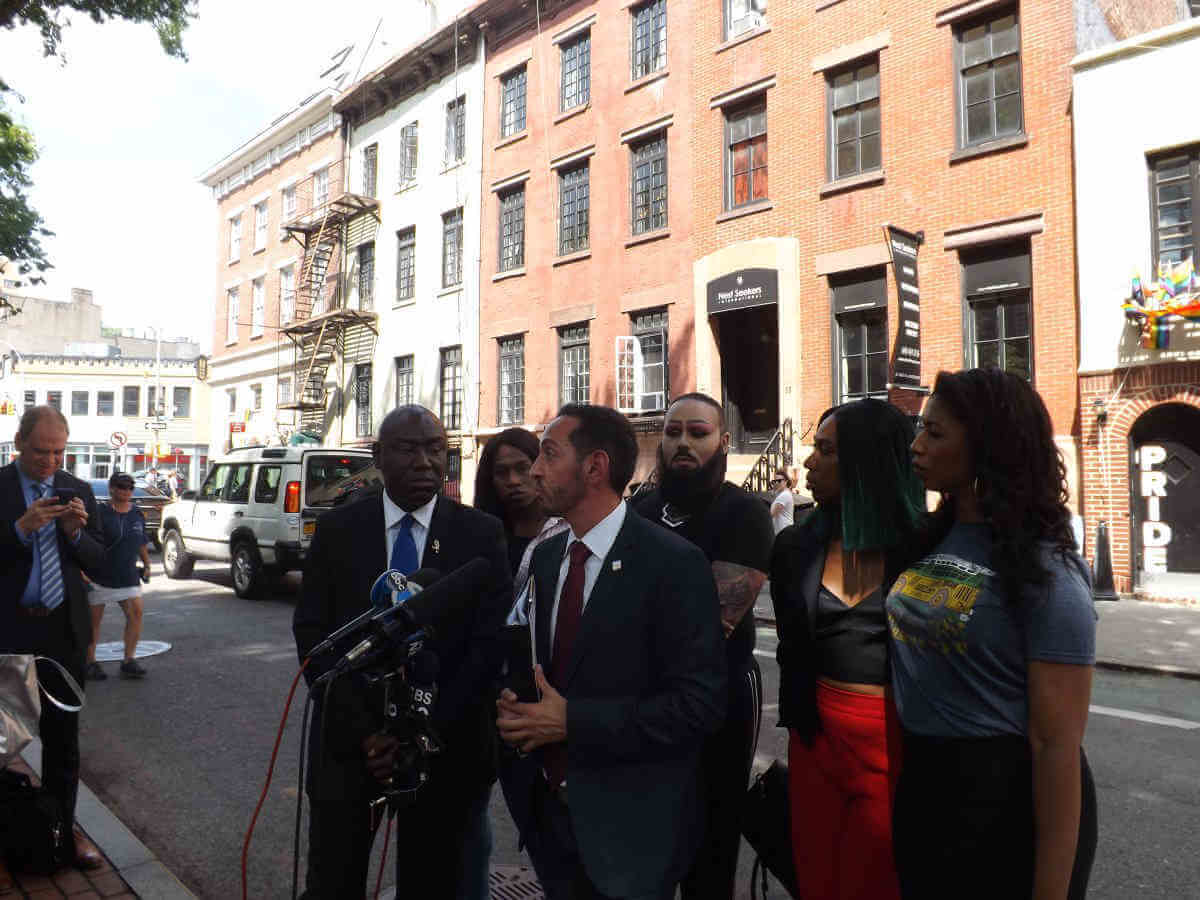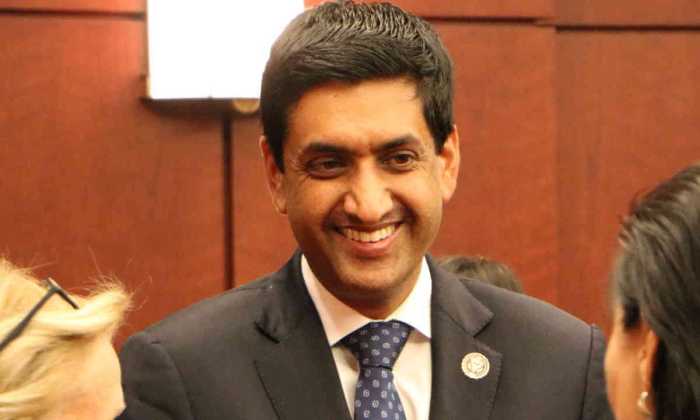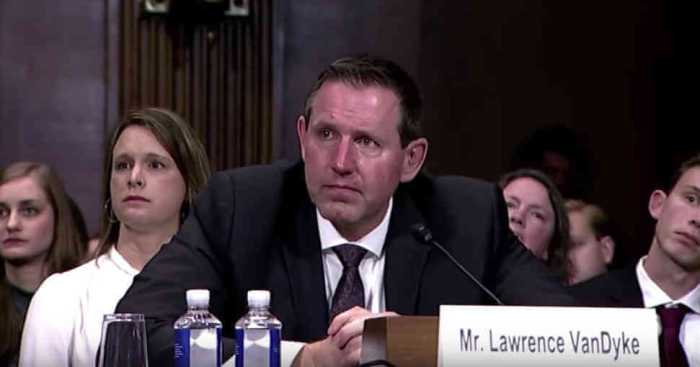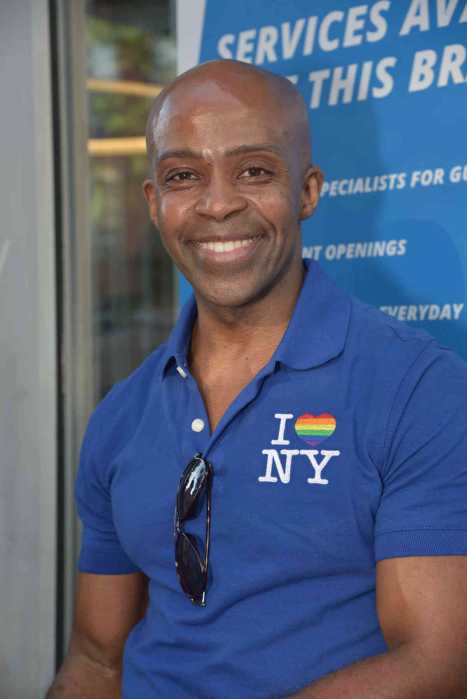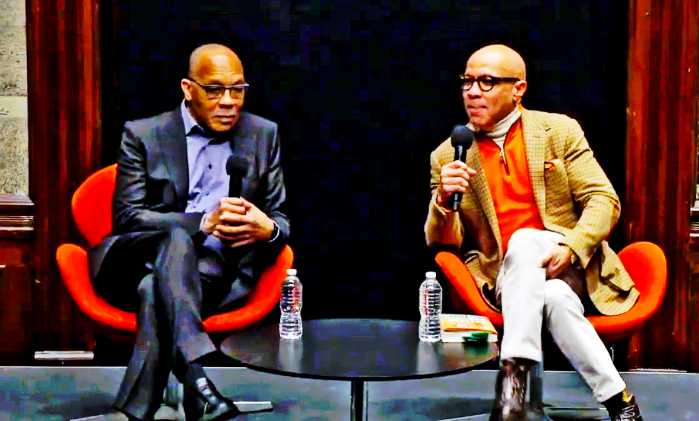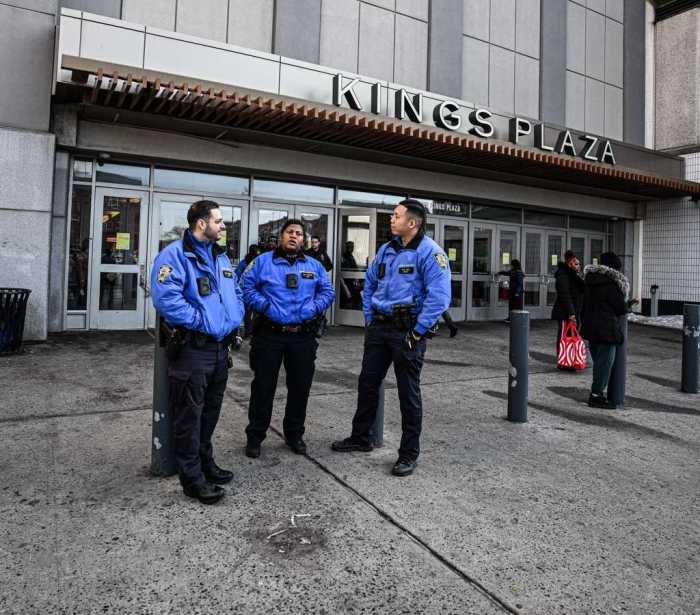When attorney Ben Crump stood outside the Stonewall Inn last August with five clients who were charging that a Texas Chicken & Burgers outlet had denied them service because they are transgender and gender non-conforming, he noted that the civil rights movement had advanced because racial prejudice and its attendant violence was caught in pictures that prompted demands for change.
“We’re going to see if the transgender community can get justice when it’s on video,” he said at a press conference last year announcing the state lawsuit the five filed that month.
The lawsuit may yet make history or at least mark a change in the LGBTQ community’s status, but not in the way that Crump envisioned.
Responding to the lawsuit, Texas Chicken & Burgers filed stills from the outlet’s video showing the five apparently ordering and an order ticket, a credit card receipt showing that one of the five paid for the food they ordered, and the group refusing the food and receiving a cash refund. The chain also filed a counterclaim saying that accusing it of discrimination was defamatory.
The lawsuit was filed “with intentional disregard for the truth, and the efforts undertaken by Plaintiffs on social and traditional media to paint TC&B as an organization that condones and engages in discrimination of any kind are wholly without merit and do nothing other than strengthen TC&B’s damages for defamation,” the company wrote last year.
This may be the first such lawsuit. Gay City News wrote to the American Civil Liberties Union, Lambda Legal, the GLBTQ Legal Advocates & Defenders (GLAD) in Boston, and the National Center for Lesbian Rights (NCLR) asking if they had ever seen a lawsuit charging, in effect, that being called anti-LGBTQ was defamatory. Only NCLR responded, with a spokesperson writing in an email “[T]his would be the first we’ve seen.”
Arthur Leonard, a law professor at New York Law School who blogs about legal matters at artle
Gay City News wrote to seven other law professors who teach First Amendment law or comment on LGBTQ legal matters and heard back from an eighth who was referred by one of the original seven.
“I’d just note that until very recently, saying that someone was gay counted as ‘defamation per se’ in New York,” wrote Brian Soucek, a law professor at University of California at Davis Law School. “That meant you didn’t have to prove that your reputation was injured; it was just assumed. So it’s amazing that in a few short years, the opposite — calling someone anti-LGBT — is now being seen as defamatory. That’s progress.”
The plaintiffs — Daniele Marino, Deja Smith, Jahmila Adderley, Janovia Chase, and Valerie Spencer — have also encountered a business owner, Waheed Khosdal, who fiercely protects his brand. Khosdal has twice sued competitors in federal court for trademark infringement. One case was settled and the other is ongoing. The 32-location chain was itself sued in federal court by a competitor for trademark infringement. That case was settled.
The five charged that they were refused service in the early morning hours on May 28. Smith recorded three brief videos on her phone after the time when they said they were denied service and posted them on her Instagram page. The three received views ranging from more than 15,000 to more than 33,000 views as of January 29. Actress Laverne Cox posted one of the videos on her Instagram page, where it has received nearly 330,000 views as of January 29. The lawsuit received media coverage when it was filed.
Attorneys for the restaurant chain and for the plaintiffs either declined to comment or did not respond to requests for comment.

